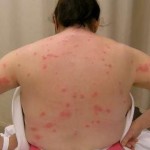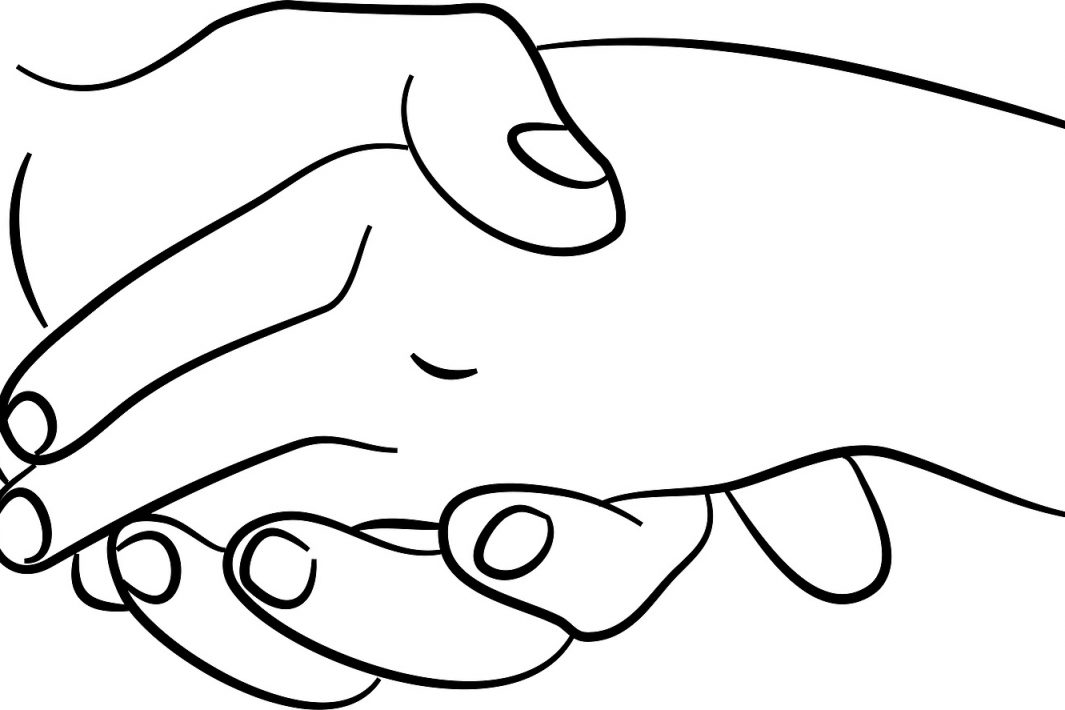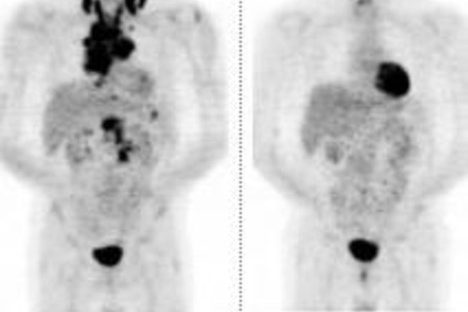Chemotherapy is a primitive therapy where we see who is poisoned more, the patient or the cancer. Usually the patient wins, the cancer loses, tumors shrink, pain is relieved, people live longer and are often cured. It is tough stuff and no one’s idea of a good time on a Friday night.
The list of side effects attributed to chemotherapy is overwhelming. Fatigue, nausea, muscle aches, muscle weakness, joint stiffness, insomnia, sleepiness, agitation, infection, blood clots, poverty, rashes, mouth sores, weight loss, weight gain, neuropathy, cardiomyopathy, dyspnea, diarrhea, constipation, fatigue (worth mentioning twice), rashes, thrombocytopenia, anemia and of course our favorites, immunosuppression and hair loss (or as the wig makers say, drug induced alopecia).
I was intrigued by a San Antonio Breast Conference presentation on “chemo brain,” the observation by patients and doctors that many patients have trouble concentrating (especially numbers) and with memory after they have completed treatment. This has been particularly noted by breast cancer patients, who are often young at the time of treatment, and is an added curse. The study found that changes in thought do indeed occur, but that they start at the time of diagnosis before the chemotherapy begins. The investigators suggest that the overwhelming stress of the diagnosis is partially to blame.
Other recent research shows specific neuropsychiatric injury can follow treatment, particular more aggressive chemotherapy and when combined with radiation. Increasing data associates chemo brain with particular drugs, menopause, certain cancers, sleep changes and genetic risk similar to Altzheimers. Chemical and MRI alterations in patients with memory complaints have been detected.
While scientists will pursue these observations, it got me thinking about other problems my patients suggest are caused by chemo. As sympathetic as I am to the invasive stress of poisonous polypharmacy, some of these are not likely, while others show how complex therapy can be:
– One patient blamed a marked increase in being ticklish on Taxotere.
– Another believed his losses in the 2008 stock market were because of antinausea meds.
– A gentleman complained of hair loss … his wife was receiving the chemotherapy.
– Hairy ears, in a 72yo man. Hairy buttock, maybe, but ears?
– No longer liked to eat liver … and this is a complaint?
– The joy his wife took in giving him injections. Pay back, I guess.
– Never realized before how much she loved her job
– Could never eat Jell-O again (now that I believe)
– Wife (patient) would not longer cook, because it turned out the husband is good in the kitchen.
– Losses at Atlantic City (and you thought chemo was a gamble)
– Finally the “perfect” diet (will be not compete with Weight Watchers)
– Coffee & chocolate taste foul (a common complaint)
– The grandkids moved in. Mother-in-law moved in. Dog moved in.
– Became a movie addict
– Fell in love with chemo nurse (they are indeed very special people)
– Spent all his money because he thought he would die, but chemo put him in remission, so now he has to get a job
– Increased sexual desire … I had to confirm we had actually given the notoriously romance suppressing drugs.
– Lice. Huh? Don’t you need hair?
– The people at work are so nice to her, that she cannot fire anyone.
– Spouse gained weight, eating food the patient would not
– No hair prep time, so kept getting to work early
– Less friends
– More friends
– More anxious
– More calm
– A different view of life
We pay a heavy price in the battle against the dread disease. For many, chemotherapy causes symbolic transformation and complex physical change. Not a day goes by when I do not look forward to the day when people will say, “they used to do what? Why?” The answer will be, “Well, that was when people still got cancer.”






20 Comments